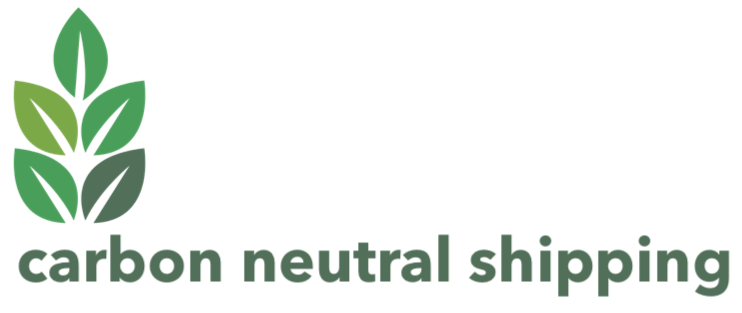For the past month, Color Line’s two passenger ferries, which operate between Denmark and Norway, have exclusively utilized B100 biofuel, a product supplied and managed by marine fuel provider Bunker One.
Bunker One has been responsible for delivering B100 biofuel to Color Line’s SuperSpeed 1 and 2 ferries during their voyages between Hirtshals in Denmark and Larvik and Kristiansand in Norway. This transition has resulted in a significant reduction of approximately 85% in CO2 emissions on average, based on the quantities of biofuel consumed, as reported by Bunker One.
Color Line’s decision to embrace biofuels stems from the numerous advantages they offer, including a reduction in CO2 emissions, enhanced energy efficiency, and the absence of modifications required for the vessel engines.
With the EU ETS in effect since January 1st and the FuelEU Maritime regulation set to take effect in less than a year, Bunker One has been preparing for the anticipated surge in demand for lower-carbon fuels, such as biofuels.
“We are delighted with the results from our collaboration with Bunker One, who has been a longstanding business partner to Color Line. We have drawn on their ability and technical expertise, and they have been instrumental in catering to our specific needs and thus ensuring a seamless and effective delivery,” says Per Erik Olsen, EVP Marine & Technical at Color Line.
Color Line and Bunker One have jointly developed a comprehensive delivery and operations plan to facilitate this transition.
“Our collaboration with Color Line on the supply of biofuel is a prime example of what we do best, which is tailoring solutions to the individual needs of our clients. We ensured that the timely deliveries to Color Line’s two passenger ferries were orchestrated with great attention to detail and coordination between all parties involved to match the short port stays of the ferries. And it is this quick transition that highlights the value of a close partnership between Color Line and Bunker One,” remarks Peter Zachariassen, CEO of Bunker One.
The B100 biofuel utilized was sourced from Danish DAKA ecoMotion. This FAME-grade/RED II-compliant B100 biofuel is locally produced in Denmark from organic waste. According to DAKA ecoMotion, the switch from fossil fuels to B100 biofuel can lead to an approximate 85% reduction in GHG emissions compared to the transport diesel default value of 94gCO2eq/MJ.
With the demand for lower-carbon fuels increasing due to the IMO CII’s implementation, the recent adoption of the Fuel EU Maritime regulation, and the inclusion of shipping in the EU ETS, entering into force in 2025, Bunker One emphasizes its evolving role from being a physical supplier to providing expert advice on adhering to current and upcoming regulations.
“By utilizing cross-organizational synergies and teaming up with our sister company Global Risk Management, we can provide our clients with the necessary consultancy on EU ETS and advice on how they can best meet their policy targets, providing them with a type of one-stop-shop solution. For some time now, we have been helping many of our customers to prepare for the EU ETS and the purchase of EUAs in a way that best fits their individual operating models,” adds Zachariassen.

